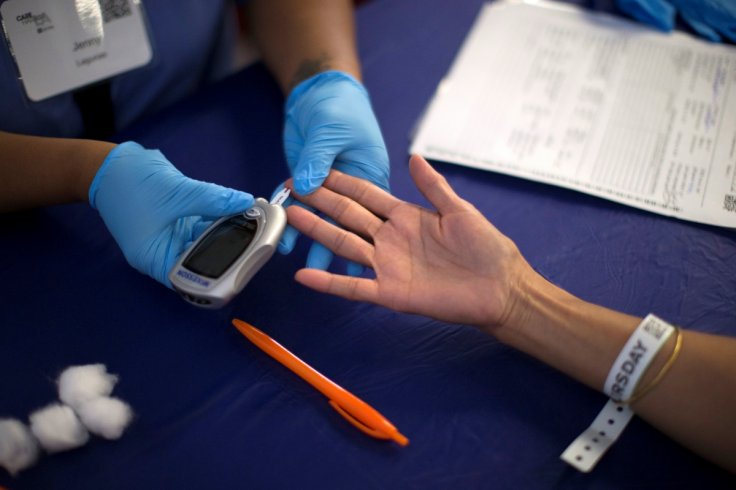
A new study report published in the Lancet Diabetes and Endocrinology journal has suggested that the world will face a shortage of insulin by 2030, which could affect more than 40 million patients who are in need of this drug to manage type 2 diabetes. As per the study report, 79 million people will need insulin to manage diabetes and out of this gigantic number, more than half will find it hard to obtain this drug.
It should be also noted that about 33 million people currently do not have access to insulin. Researchers who took part in the study also added that strict efforts should be carried out by health authorities to meet the growing needs of insulin. As per these researchers, the need for insulin is expected to rise by 20 percent in the next 13 years.
"These estimates suggest that current levels of insulin access are highly inadequate compared to the projected need, particularly in Africa and Asia, and more efforts should be devoted to overcoming this looming health challenge. Despite the UN's commitment to treat non-communicable diseases and ensure universal access to drugs for diabetes, across much of the world insulin is scarce and unnecessarily difficult for patients to access," said Dr Sanjay Basu, a scientist at the Stanford University and the lead author of the study, Eurekalert.org reported.
Sanjay Basu also added that governments should begin effective initiatives to make insulin affordable for patients all across the world.
Insulin is very much essential for patients to combat type 2 diabetes and it will help the diabetic victims to reduce complications associated with this disease like kidney failure, blindness and stroke.
A few months ago, another study conducted by researchers at the University of Colorado had revealed that methyldopa, a common drug used to treat hypertension could prevent the onset of type 1 diabetes. Researchers noted that the usage of methyldopa is capable of preventing up to 60 percent of type 1 diabetes among people who are at the risk of the disease.









